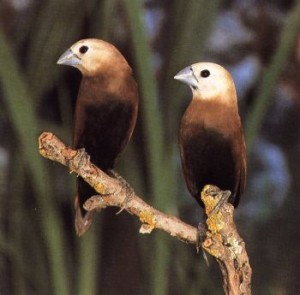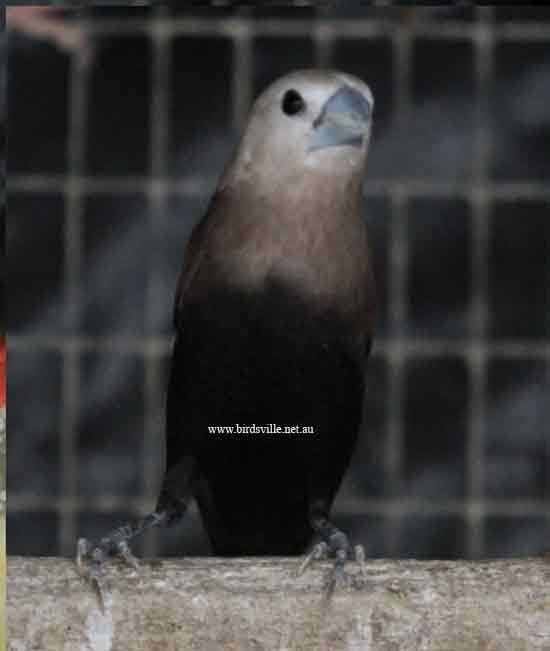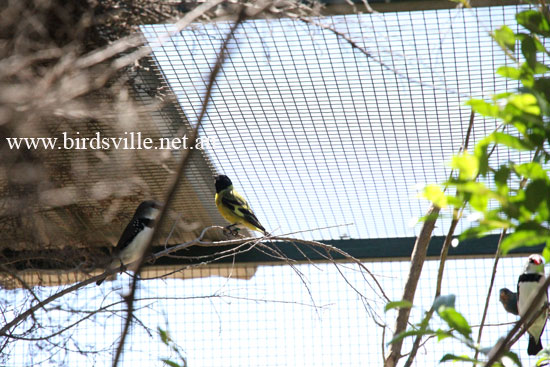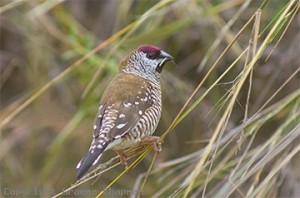White Headed Nun
 Found in store, for more details call Birdsville 9667 2555. More information coming soon.
Found in store, for more details call Birdsville 9667 2555. More information coming soon.
White headed nun availability
Not a common finch but often tricles into birdsville regularly but not in large numbers. Usually available all year round.
Natural distribution and habitat of White Headed Nuns
Found in Indonesia, malay peninsula, java and surrounding islands.
They inhabit towns and villages frequenting grassy fields and rice paddies in there native homeland.

Breeding White Headed Nuns
White headed nuns will breed in the warmer months of the year in Australia.
These birds are not picky when choosing a nest. They will nest in finch nesting boxes or wicker finch nests of suitable size. It is important to provide them with nesting material for them to construct there nests. Swamp grass is suitable for these finches and some course grass thicker grass . Some pairs will also use feathers to line the nest with.
When nest construction is finished the hen (female) may lay up to 7 white eggs. Both sexes share in incubating the eggs. The incubation period is approximately 13 days. The young will fledge at about 25 days. 3 to 4 weeks after the young first go on there adventure outside the nest the parents will continue to feed them. They will also continue to sleep in the nest during this period.
Diet For White Headed Nuns
Seed– Feed a good quality finch seed mix this is very important for the health and vitality of your white headed nuns. Seed that is nicely packaged from shopping centres is often not of good quality as from your local pet shop or produce stores. Niger seed, linseed, rape seed and hulled oats can also be on the menue.
Sprouted seed– a fabulous addition relished by white headed nuns for instructions on sprouting your own seeds see finch care page
Millet sprays– a fresh seed still on the stem we recommend french white as the best for white headed nuns.
Greens– including, kale, seeding grasses, dandelions, silverbeet and endives.
Live food– is not essential unless birds are breeding. Meal worms and fly pupae are prefered.
Vitamin supplement– should be regularly added to the water and fine shellgrit always on offer.
Egg and biscuit– an important protein source
Grit– a fine grit mix containing charcoal, shell, baked egg shell, limestone and crushed cuttlebone.


